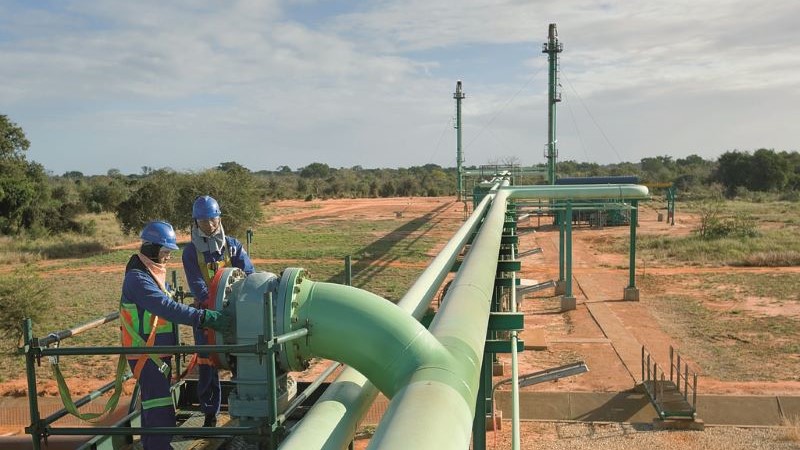It is a brutal irony that in the country that attracted Africa’s biggest investment of 2020, a $20 billion methane gas development, hundreds of thousands of people lack access to energy.
Cyclone Eloise hit Mozambique on Saturday, heaping further pain on a region that had barely recovered from the impacts of Idai, two years ago. Climate change is bringing higher intensity storms to the southern Indian Ocean, which communities are simply not prepared for.
Under Donald Trump, the US backed the gas project in Mozambique to the tune of $4.7bn, promising it would be “transformative” for Mozambicans. Those crowded into disaster relief centres, exposed to high risk of Covid-19, have yet to see the transformation.
Joe Biden’s pledge to end public finance to “carbon-intensive” fossil fuel projects around the world, then, is a major pivot. It remains to be seen how quickly and strictly that will be applied.
The litmus test is a 2,250MW gas-fired power plant in Son My, Vietnam, that has caught the interest of the US Development Finance Corporation. Will it complete the deal?
This week’s stories…
- US plans to end fossil fuel finance overseas, threatens billions in support for oil and gas
- Cyclone Eloise shatters Mozambique’s progress to recover from 2019 storms
- Carney’s carbon offset taskforce ducks environmental integrity questions
- South African campaigners push for faster coal exit in presidential commission
- John Kerry promises ‘significantly’ more climate finance at adaptation summit
- EU foreign ministers call for end to financing fossil fuels abroad
- As US renews climate relations with EU and China, carbon pricing raises tensions
…and climate conversations
Carbon-trading triangle
While we are entering a period of greater collaboration between the world’s three biggest emitters on climate change, their different states of readiness to price carbon raises tensions.
The EU could help mediate between the US and China, while introducing a carbon price on certain imports that will impact trade relations with both. It could — Brussels hopes —spur a race to the top, or become politically toxic.
Joe Biden is in favour of carbon border taxes in principle, but China is the better prepared country for carbon pricing in practice.
Quote of the week
“If you scale a bad thing, it doesn’t matter how big you make it, it’s still bad” – Gold Standard’s Owen Hewlett on the environmental concerns with Mark Carney’s oil industry-stacked taskforce to ramp up the carbon offsetting market
